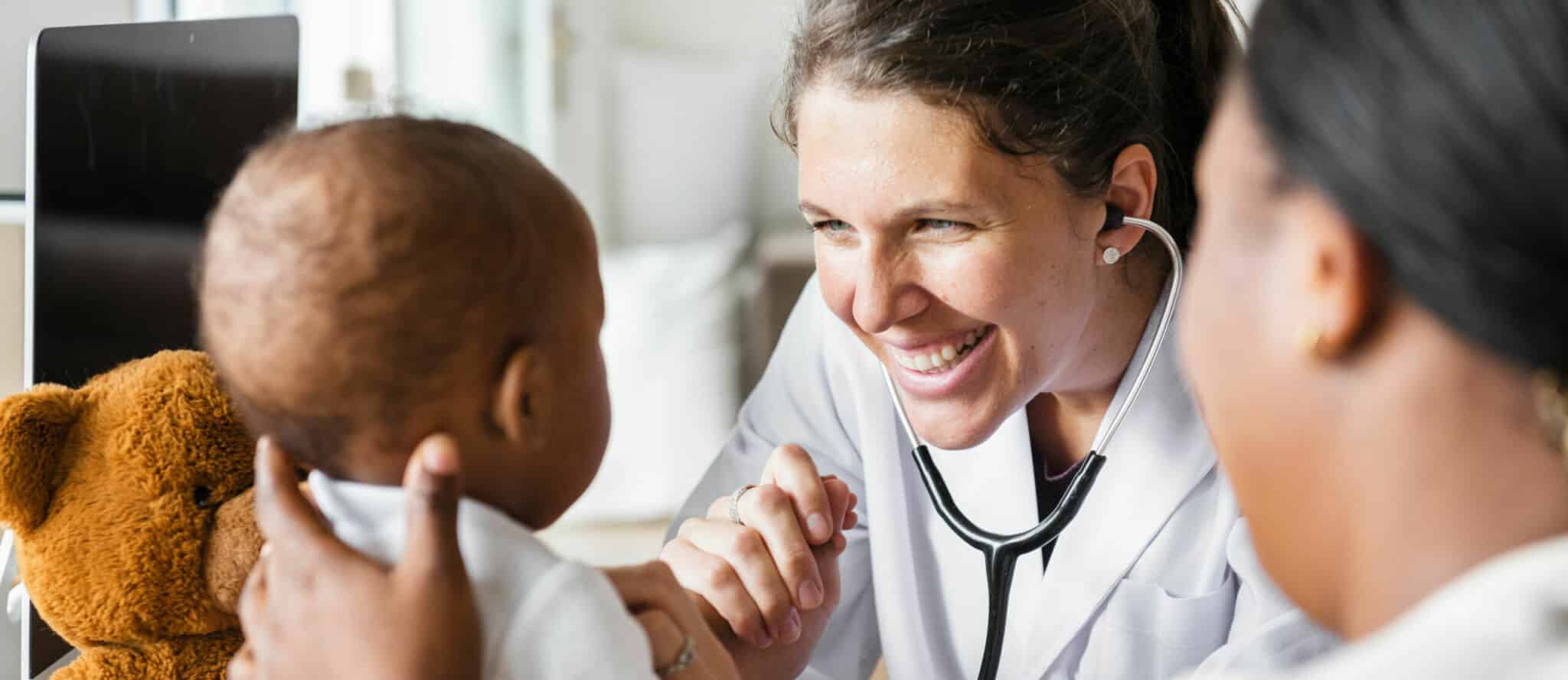
Not activated for the a.y. 2025/2026
The Second-level Short Specialisation Degree in Psychoneuroendocrinoimmunology during Pregnancy and Paediatric Age provides a joint interpretative human development framework of the first years of life, in order to understand and expand the knowledge on health and disease basis, according to a lifespan development perspective.
The teaching of integrated psychological development sciences relating to Psychoneuroendocrinoimmunology allows studying human beings as a structured and interconnected unit, where psychological and biological systems affect and coordinate each other, in relationship with the environment.
The Second-level Short Specialisation Degree provides professionals (such as psychologists and doctors) with the basic knowledge and competences to integrate innovative prevention and treatment models – focused on inter-disciplinarity and multi-professionalism – in their practice.
The Second-level Short Specialisation Degree in Psychoneuroendocrinoimmunology during Pregnancy and Paediatric Age provides knowledge on the multiple factors behind human development, in order to expand personal and organizational knowledge on psychological health prevention and psychopathology treatment. The new frontier of prevention and early treatment is the integration of competences between professional figures belonging to the psychological and biomedical field – the leitmotiv of the Master’s modules.
Developing a scientifically sound critical habitus is one of the Second-level Short Specialisation Degree’s priorities; in this perspective, attendees will be constantly driven to develop independent research abilities on each module. Communicative skills are strengthened through specific moments of sharing and presentation of the essential content.
The Second-level Short Specialisation Degree in Psychoneuroendocrinoimmunology During Pregnancy and Paediatric Age is addressed to professional figures such as psychologists, doctors and other healthcare professionals involved in medical care of the first years of life, starting from conception, with a multi-disciplinary innovative professional profile, in full synergy with the systemic and integrated approach needs on prevention and treatment concerning the first phases of life and the first years of childhood.
Specifically, the Master allows aspiring to highly qualified work positions, requiring participation to inter-disciplinary and multi-professional teams, both in private and public settings. Based on the student’s curriculum, the Master will help them lead multi-disciplinary teams for the prevention of pregnancy disorders, complications and unwanted birth outcomes, both psychologically and biologically, for expectant mothers and new-borns. Lastly, it allows expanding the level of scientific competence to improve study and research models oriented to inter-disciplinarity.
The Second-level Short Specialisation Degree in Psychoneuroendocrinoimmunology during Pregnancy and Paediatric Age provides specific training in the following topics:
PSYCHONEUROENDOCRINOIMMUNOLOGY
- Fundamentals of psychoneuroendocrinoimmunology: genetics and epigenetics; psychophysiology of stress; stress, homeostasis and allostasis; environmental pathologies; nutrition and physical activity as modulator or the human network; stress management.
- Psychoneuroendocrinoimmunology in the clinical practice: brain-intestinal axis; osteopathic experiences in neonatology; prevention of neurodevelopmental issues; integrated approach to treatments in the first phases of life; psychological and psychotherapeutic consultancy; nutraceutics in developmental age.
CLINICAL PSYCHOLOGY OF DEVELOPMENT
- Physiological basis: cognitive neurosciences; cognitive learning neurosciences; psychophysiology; intersubjectivity, empathy and sensory-motor simulation.
- Clinical psychology of development: biological parenting bases; psychological and relational wellbeing of gender and sexual minorities; neurodevelopmental issues; trauma and related issues; socio-emotional and cognitive development in children with intrauterine growth restriction (IUGR); impact of glycaemic variability on the brain of premature babies; early risk indicators in infancy; psycho-oncology.
- Risk factors and prevention: assessment of the role of pollution (perfluoro-alkyl substances, PFAS) and of the family environment on development; effects of environmental factors on the emotional development; how our genome reacts to environmental transformations; educational social and linguistic environment in child development; body therapy – from research to clinical practice.
PERINATAL AND PAEDIATRIC MEDICINE
- Paediatrics and child neuro-psychiatry: inflammatory immunomediated demyelinating diseases; integrated intervention of the main forms of psychopathology/evolutive distress in infancy; X fragile diseases; agile; rhabdomyosarcoma in childhood; head trauma in emergency paediatrics.
- Perinatology and first phases of life: neurocognitive development of the foetus; paediatric clinical physiopathology; paediatric neuroendocrinology; neonatology;
The Department of Developmental Psychology and Socialisation has activated a convention with the SIPNEI (Italian Society of Psychoneuroendocrinoimmunology)
The general ranking of merit for the academic year 2024/25 will be published on the Italian page of this Master according to the timing provided in the Call.
Information
FAQ
The lessons will be provided in the classroom, through lectures and seminars. The lessons will be held on Friday (10 AM – 6:30 PM) and Saturday (9 AM – 6 PM), twice a month.
A 70% attendance of the total lessons is required, with the rest of the hours to be taken online (on the Moddle platform).
There will be forms of facilitation for students with disabilities, PTA (technical-administrative staff of the University of Padua) and PA (public administration staff).
The lessons will be held at the Scuola di Psicologia – Dipartimento di Psicologia dello Sviluppo e delle Socializzazione, Via Venezia 12, Padua.

